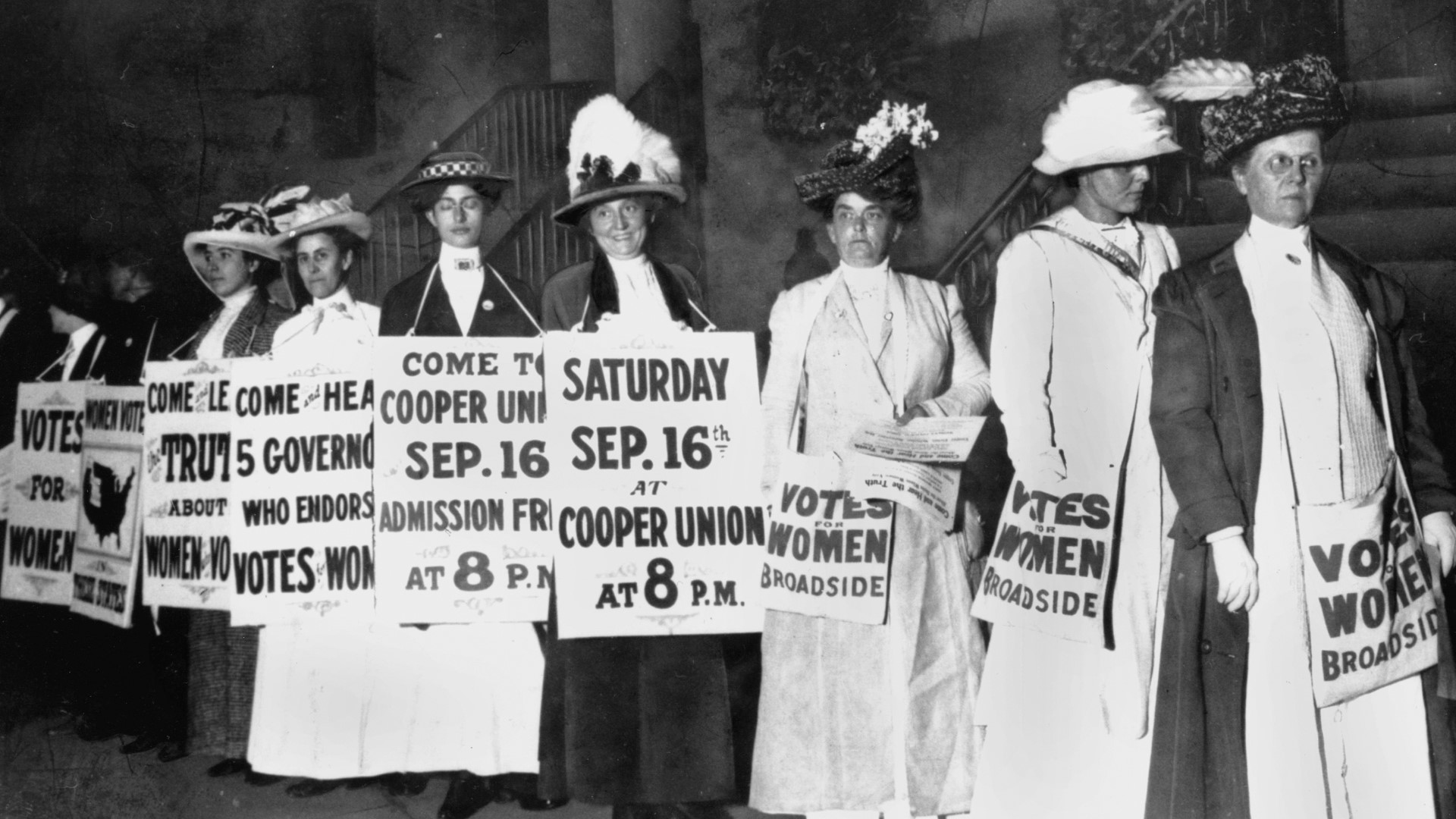CALIFORNIA, USA — California is no stranger to historic elections.
From city council seats, to heated governor races, all the way to the White House, the Golden State has seen it all.
But what about those who are making the decision of what politicians are elected and what legislation is passed? What, and who, paved the way for all United States citizens to be able to have a voice and shape how our state and country functions?
Let's take it back to before California was a state.
After the Mexican War in 1848, California became United States territory.
"You had to have it reach a certain population level for it to become a state," said Sacramento Historian Marcia Eymann. "Because of the gold rush, we were able to do that very quickly."
In just two short years, California became the 31st state in 1850. Those who resided here were now Americans with weight in our democracy through their vote. And that voting system looked a lot different than it does today.
"It would've been a paper ballot," said Eymann. "They would've put it in a very simple box and stuffed it in."
But not all had this right.
"It would've only been [white] men who voted," said Eymann. "African Americans weren't allowed to vote. They couldn't even testify in court to defend themselves."
Women also were not allowed to vote. Some of the earliest to challenge this and demand a voice in California included Lucinda Washburn, who had come to Sacramento from New England during the gold rush.
She never married and started off as a seamstress, before opening more businesses in what we now know as Old Sacramento. She quietly saved her money.
"She was worth over a million dollars. No one knew that here," said Eymann.
Her wealth wasn't discovered until the New York Times wrote an obituary after her passing naming her as one of the richest women in the United States.
"[Washburn] and two other women joined together and they filed a petition against the state [in 1870] about taxation without representation -- and they were demanding the right to vote," said Eymann. "They were property owners, but they felt they had no control over what was happening to them and they felt victimized by it."
While women didn't receive the vote until decades later, Washburn set an example.
"They'd opened a door and women kept pushing," said Eymann.
California women bombarded men with posters and advertising urging them to vote in suffrage for women. They targeted men with advertisements on automobiles they drove around and at places they gathered, like ballparks.
Their efforts paid off in 1911 when women in California received the right to vote. It took until 1920 for the 19th amendment to the U.S. Constitution to pass, guaranteeing women the right to vote in all states.
The 15th amendment, passed in 1870, prohibited states from denying citizens the right to vote based on their race. It took until the Voting Rights Act of 1965 to be signed to help overcome legal barriers for African Americans in particular to ensure their rights to vote.
The perseverance of past generations fight for all to vote is a reminder of the importance and weight each of our voices have.
"I think that's a really important lesson for all of us is what do we want our democracy to look like?" said Eymann.
Because of their dedication, you can choose what the future of our democracy looks like via your ballot.
"When you look at the history all around us and everything people did to fight for the right to vote and how important it is for us to participate in our democracy, that’s why we’re here so that everybody can have a voice – and it’s up to you to use it, one way or another," said Eymann.

